

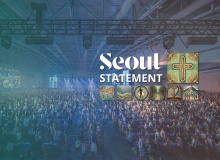
I recommend the Seoul Statement to a wide readership, It presents in a concise way an approach to mission that has the potential to bring together theologians and practitioners.
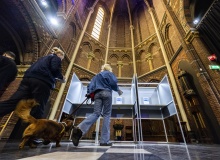
How can or should churches respond to the upsurge of nationalism in general, and in particular the way in which it plays a key-role in populist movements?
.jpg)
So much has changed since the last European Parliament election in 2019, but one thing that hasn’t changed is the influence of nationalism. If anything, it is a bigger issue in 2024 than it was in 2019 or back in 2010.
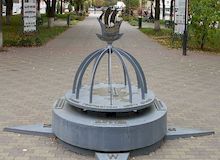
Europe is polycentric, not only on the cultural but also on the spiritual and religious level.
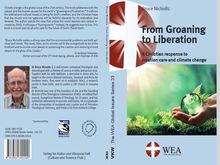
Bruce Nicholls gives a rapid overview of the issue of climate change and then concentrates on the Christian response.
.jpg)
At the first Swedish Parliamentary Prayer Breakfast in Stockholm last week, parliamentarians heard an alternative to the popular secular narrative on the origins of Europe which marginalises God.
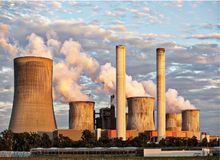
Energy, inflation, environmental degradation and the call for simpler living.

Without the constant renewal of Christ’s peace in our hearts, our emphasis on simple living may be purely a matter of economics and even politics.
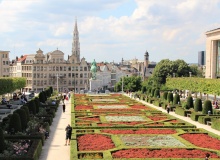
We can glibly confess that He is Lord of all, but do we really believe it? Can we see God’s hand of common grace at work in the public spheres, outside church circles?
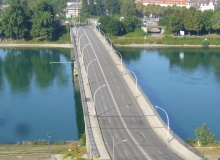
The challenge for the peoples of Europe today is to find the balance between protecting borders and open borders.

The answer to the question ‘are you religious’ or ‘do you belong to a religion’ depends on what the respondents understand by being ‘religious.’

Let us not forget the future hope and comfort that enabling people to die well will bring.
The Baptist pastor and missiology professor looks at how the Christian faith created a common cultural space for the peoples of Europe but also determined national identities.

“The challenge for us is to welcome people into our churches, give them time in their process of discovering what it means to be a Christian, while holding on to Biblical standards”, says professor of religious studies Evert Van de Poll.

The peoples in the east have resisted militant atheism. We, the west, are under another form of atheism which is a sort of political agenda.

For a long time, the main thrust of politics with respect to religion was separation of Church and state. In our secularised multi-religious society, the question is: how can churches contribute to the common good in society?

To be strong in one area of religiosity does not guarantee that a person will be strong in other areas. Inconsistency may be evident in any one of the parameters of being Christian.

Las opiniones vertidas por nuestros colaboradores se realizan a nivel personal, pudiendo coincidir o no con la postura de la dirección de Protestante Digital.